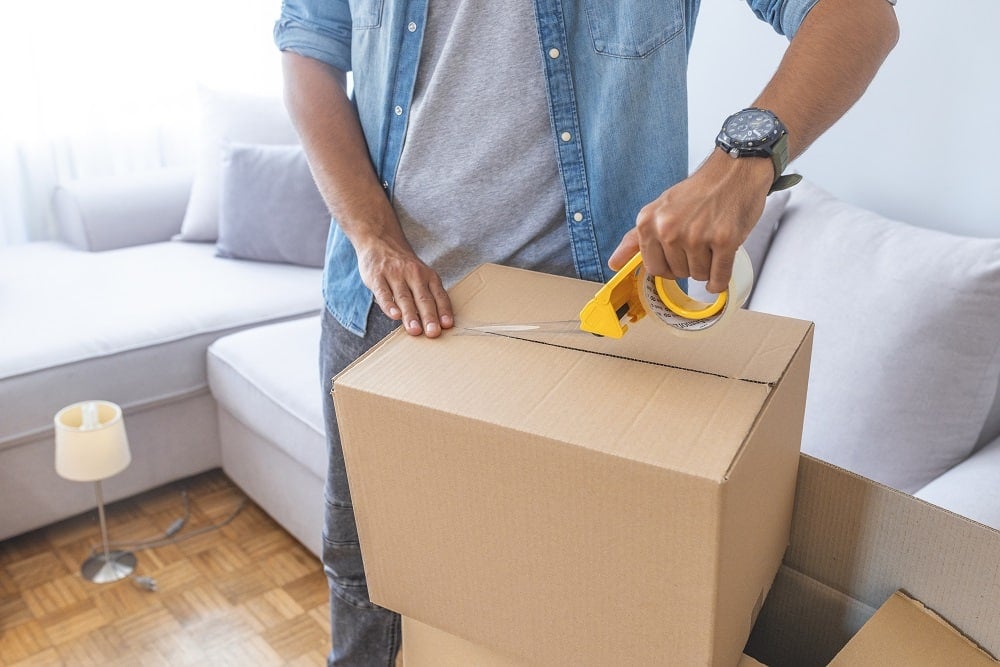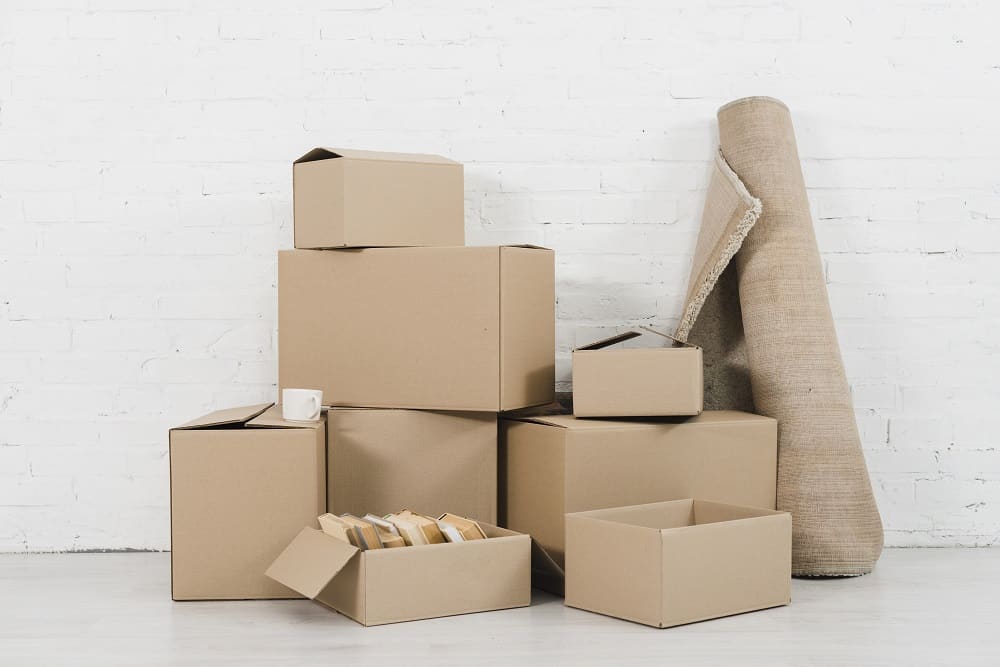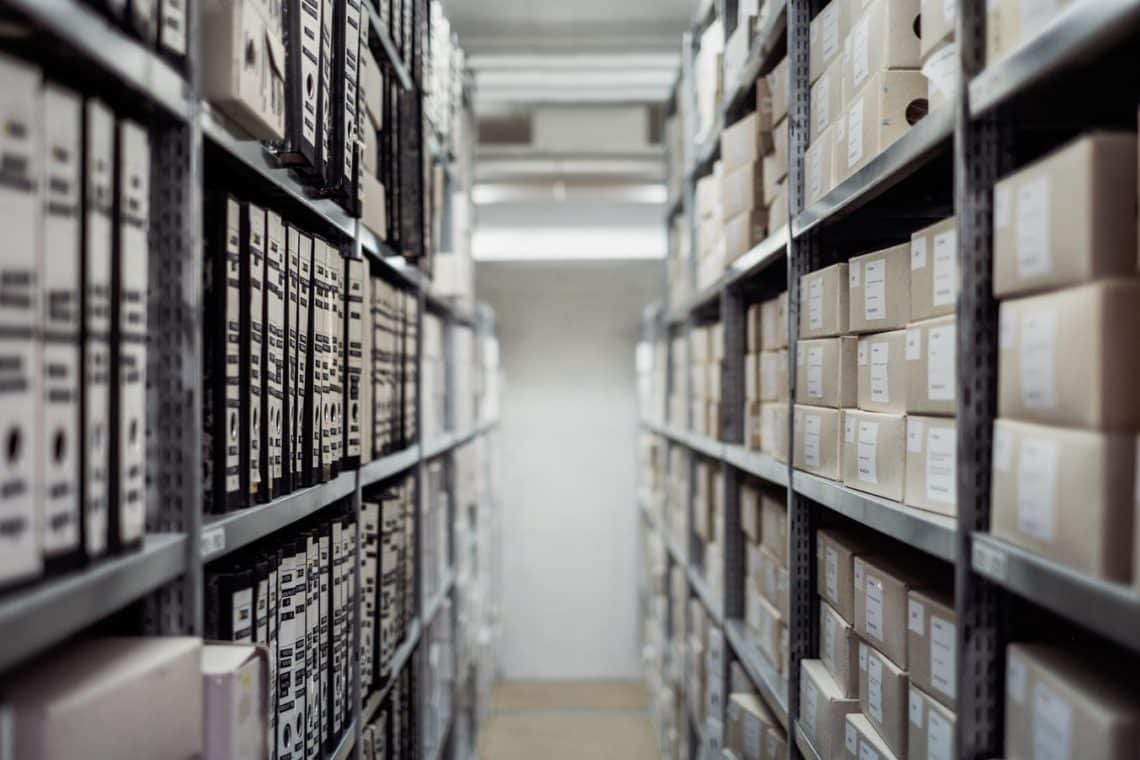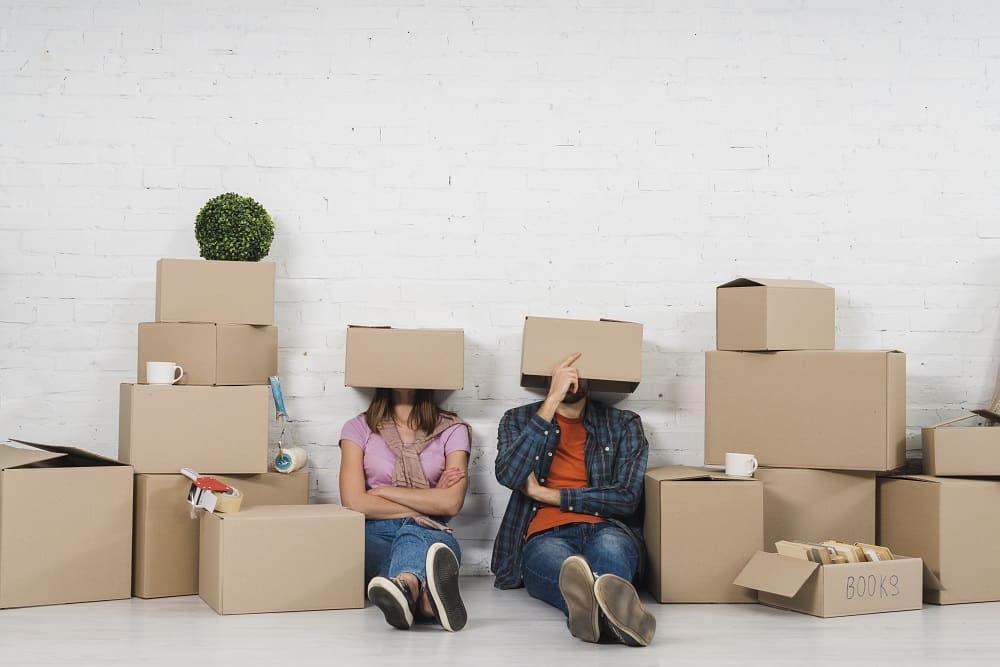It is simple to think that moving is about putting things into boxes and hiring a mover, but there is so much more to it. You can save a lot of money and time if some wise decisions are made along the way.
Moving a house can be exciting, stressful and laborious at the same time. However, it doesn’t always have to be stressful and overwhelming. From this article, you will gain a wider knowledge to make the moving process easier.
Planning ahead with good preparation will yield several benefits, and help you enjoy the moving process.
It doesn’t matter how many times you have shifted homes, there are always a few things that you believe should have been done differently.
Without further ado, let’s get down to the tips and tricks that will prepare you for the move!
Related Articles
Learn the Best Apartment Moving and Packing Tips Right Now
How to Organize and Plan for a Household Move

-
Make a to-do list
While you prepare for the move it is important to keep a notebook, particularly dedicated to making a list of the essential things. The list should be thorough and highlight every minor detail. It helps to keep things organized and prevents you from getting stressed out on the final day.
Keeping reminders and writing down the tasks, allocates each day for a particular chore to be done. You can use some sticky notes and page dividers, to write the phone numbers of the people that need to be contacted while you’re planning out the move.
-
Plan out the budget
Predict the costs of the entire shifting out process; it will be simpler if you can divide the costs into different categories. This is a vital step to keeping your finances well planned out, to prevent you from being blindsided.
Every small detail that comes with a price tag should be noted, it contributes to having a stress-free move.
Moving costs that you need to plan ahead:
- When you’re shifting to a distant place, it is advisable to hire professional movers. Give due importance to the cost per kilometer, and note the hidden costs.
- Cost for traveling; including food, beverage, fuel, car shipping, and lodging.
- Rate of cardboard boxes, tapes, and other supplies.
- Utility bills that are due to be paid.
We advise you to keep a section for a contingency fund. The estimated costs might not round up to the same figure and keeps you prepared for changes with short notice. If you go about planning it cautiously, then an accurate budget is prepared by the end.

-
Get free or used moving boxes
Try to cut down your costs on items that you can get by paying a visit to a nearby store. Cardboard boxes will usually be available in liquor stores and other retail shops. You can either get the boxes for free or you can buy them for a reasonable rate. While you’re on a stringent budget, each saved penny sums up to a huge amount.
While packing in these boxes, ensure that you fill them up with items that are lightweight. It helps to avoid any breakage and torn boxes.
-
Update your new address prior to a few days before your shift
We get reminded to update our address only after we realize that our amazon delivery has not been delivered on time. Every company that you have been doing business with and that sends you bills needs to have your new address.
Ensure that your new address is updated on all the utility services like electricity, gas, telephone or water. If there are items like remotes or cable boxes that need to be returned, make sure to schedule them ahead of your move. It is also important for identity verification and insurance purposes. This helps in preventing your mail from getting in the hands of strangers or being dropped in the wrong place.
If you have been visiting a local doctor then it is best to inform them when you are moving to a distant location. There are many professionals who are willing to provide you the required services by making arrangements if informed in advance.

-
Pack your electronic items in original boxes
Look out in your garage or your storeroom, to check if you have the original boxes of your television, washing machine or oven.
Do not pack these items in the regular cardboard boxes, especially without wrapping them in a thick blanket or layers of bubble wrap. Each piece of technology is fragile, and a little manhandling can cost you heavy.
-
Best to call your friends for favors early!
Even while you’re takiig the help of a professional moving company, it is best to have your friends around. It is a bonus if they are informed weeks earlier before the move, and try to schedule the shifting process on a weekend.
Try to be courteous, for their support and always return the favor, with a small treat. This move can also be made fun, and stress-free when friends are around to help you pack and unpack.

-
Hire a professional moving company
To research and select a moving company is never fun, but a wrong decision can create havoc in your entire moving experience. It ends up leaving you overwhelmed with a plethora of options to choose from.
Read up on the reviews given online as it will help you to understand whether it is a trusted brand or not. Hire the services of the company that is licensed in your state and in the place that you will be relocating to.

There are companies that will have a higher budget but provide door-to-door services, and there are few who will provide double protection wraps to all your luggage. A little effort goes a long way to find a reputable company whose services suit your budget.
It is essential to get a clear picture of the listed policies on refund and damage. Also, look into their insurance policies to ensure that you have your things covered.
Patience is required to schedule the day of moving well ahead; research might even get you a good discount. It helps you to understand which time of the week can fetch you a good deal, whether it’s a weekday or a weekend.
-
Start Packing
Packing requires a lot of time and it is an essential component of relocation. Start to sort out and pack a month or two before the scheduled date of the move. A way of tackling the problems with moving is by packing well ahead.
Start packing the things that you do not require at present. This helps you to declutter and organize your things efficiently.
Things that can be packed early are:
- Off-season clothes and shoes.
- The paintings at home and other decorative items; this can get a little tricky because some pieces will require you to cushion them well.
- The books that you are not reading.
- Utensils that are not used regularly.
- Sports equipment.
Packing ahead gives you more time on moving day, as you will have fewer tasks to complete and instead you can supervise the other activities.
-
Label the boxes
To label the boxes is important because you will tend to forget what is kept in each box.The simplest way of finding your things easily is to label them. You can mention the category, as well as the room it should be placed in while unloading.
Label the boxes on the sides and on the top, to improve the visibility while they are being loaded on the truck. The labels will also help people handling the boxes to be aware if there are items that need to be handled with caution.

You will not want your box of glass items to be handled the same way as your box of linens, therefore labels come to the rescue.
The labels help in saving time as you do not have to open the boxes to look out for items, and they can be placed in the correct room. There will be a large number of boxes after you’re with packing, so placing them in the right room can make the unpacking phase simpler.
Numbering the boxes is also a brilliant strategy, while you’re labeling them!This helps to keep track while they are being transported and be aware of any box being lost or stolen. If you’re a visual learner, then you can use colored tapes to highlight the different categories. The labeling process will help to make your unpacking phase simple and hassle-free.
-
Keep things aside to sell and donate
There might be some things at home that you do not require, but you want to get some money by selling them. We advise you to set up a yard sale or you can sell the old items online.
Another option is to donate the things in good condition to charitable organizations. As you start packing, you will find a lot of clothes and items that you no longer wear or require but there are people who are in need of those clothes and items.

-
Pack your essentials the day prior to moving
The things that will be required by you as you move into the new house, should be packed last. In this way, you do not have to hunt all your belongings to find for that toothbrush or the hairdryer. Keep a bag aside that you will be packing at last, which can be loaded with the basic necessities. This can help you survive comfortably till you start unpacking all the boxes.
Similarly for your kitchen items if you will not require the pressure cooker in the first few days then place it at the bottom of the box. But the plates and spoons should be kept on top.
This might seem like a simple task but it is a crucial step nonetheless. The day when you have moved to your new house, you probably will lack the energy to rummage through all the 20-30 boxes to find for a single item.
-
Pack a travel kit
This bag should have all your id cards, basic toiletries, your wallet, phone charger and you can also a spare set of clothes. If you have children and pets, then carry their necessities and pet supplies.
Keep the first aid appliances in place, like your medicines, bandages, and antiseptics it keeps you prepared for even the smallest of the accidents that can occur. Put some food in this bag, and carry only the items that are required for the travel. This bag will be with you while you are traveling, the items packed in it should help you to be at ease. So, pack this bag wisely!
-
Empty your fridge before leaving
This refers to eating up the food that is left before moving. The canned food which is not perishable can be packed in the boxes, but not the ones that need to be frozen. If there are plenty of meat, vegetables, and fruits left then you can host a small party for your friends and family.

A week prior to your moving day, you should stop buying food from outside if there are plenty of varieties left at home. This protects you from the guilt of throwing away decent food. Rice, pulses and other dry condiments can also be packed. But it is advisable to finish off the dressings and other sauces, as transporting them can get a little messy along the way.
You should also make time to clean the fridge before shifting it to your new home. As you will not want it to be like an abandoned fridge with a musty smell.
-
Pack heavy items in small boxes
Carrying a big box down the stairs filled with books is way more challenging than picking up a small box with the same items. As a rule of thumb, you should reserve the heavier items for the small boxes and the big ones for your linens, towels, and pillows.
-
Useto cover the tops of your toiletry
To avoid any sort of spill or leakage from your toiletries, it is advisable to secure the bottles. The increase in cabin pressure can usually cause leakage. Remove the cap of the shampoo or conditioner bottle, then wrap the top with a piece of Ziploc bag.
It is a simple step but will surely be an added benefit to your packing.
-
Take pictures of your electronic devices
Before removing the wires from your tv and other machines, take pictures of how the cords are placed. This helps you to understand the cord situations better, and setting them up after unpacking will be easier.
-
Make sure to clean up after you’re done with packing
As the packing is over, you will be left with a huge pile of paper, plastics, wrappers, and tapes which need to be discarded. Try to put them all in one cover, as it makes the home appear better before you leave. Leaving any part of the house cramped up with waste is probably not a good idea.
-
Protect your furniture
Numerous ways are available to protect your furniture. But, a proper plan should be followed in moving the small and bulky pieces of furniture.
There are some pieces of furniture that can be disassembled, while some may not. The ones which usually can be disassembled include modular sofas, tables, and even bed frames. Follow the instructions given in the user manual of those products, to help you deconstruct them.
Keep the screws, nuts, and bolts in a small pouch, and label them by mentioning the furniture it belongs to. If you follow this then you won’t misplace the items, and you can re-assemble the furniture in peace when you move to your new home.

It’s also important to wrap your furniture to avoid damage of any sort. You can either use a plastic wrap or moving blankets. While selecting plastic wraps, go for the ones that are clingy and have a tear-resistant material. If you are getting a moving blanket than there is an added benefit, as the thick material will not only be protecting your furniture but also your walls.
Do not take the risk of moving the furniture at home without professional help. Otherwise, it will result in the furniture being damaged, and you might also end up getting hurt.
When the furniture arrives at your new home clean them appropriately before reassembling it. In the process of shifting, a good amount of dust and dirt tends to get accumulated on the furniture.
Final words
Follow these tips to pave your way to a successful and stress-free move. Plan ahead and pack well; it might be time-consuming but it does make the entire process seamless and well organized.
Putting in a little effort can help you enjoy the process of moving into your new home, just implement these tips and enjoy the benefits!




